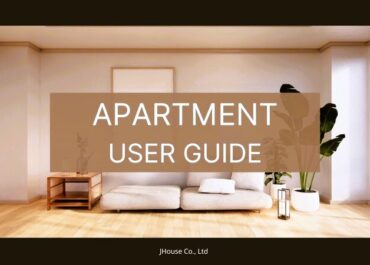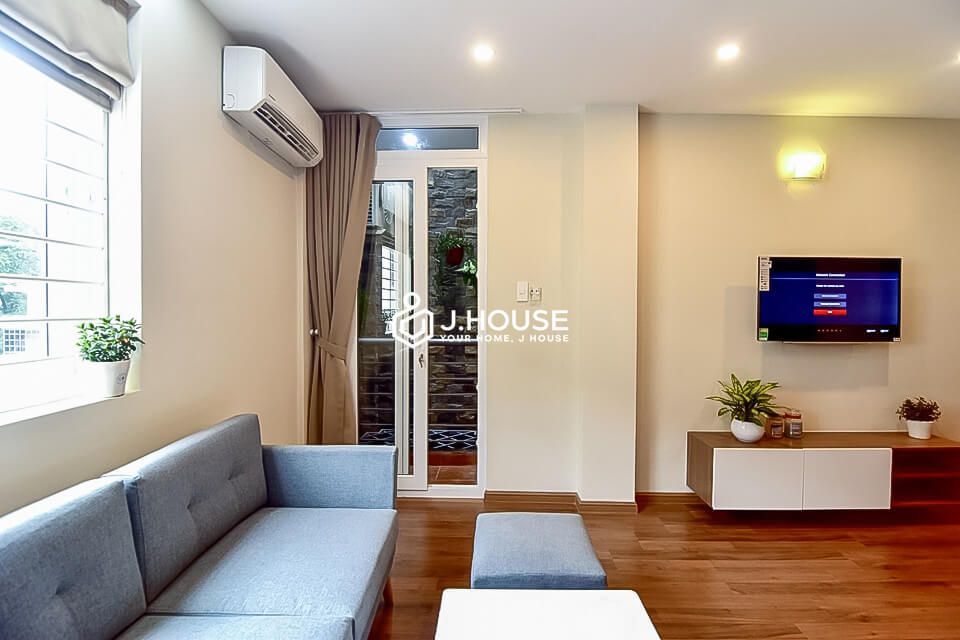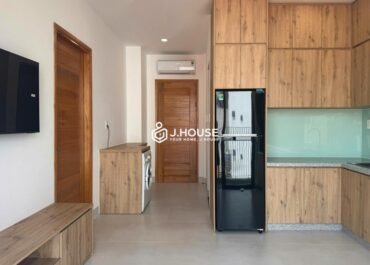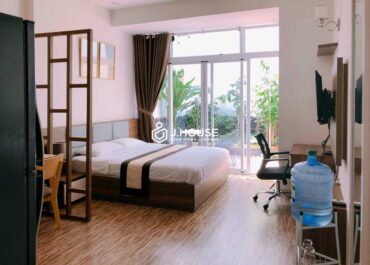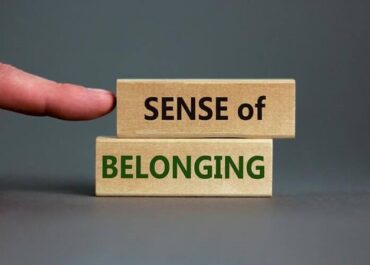Latest Properties
Apartment Rental in Vietnam: Legal & Financial Guide for Expats
Vietnam Apartment Rental Laws & Costs: A Complete Expat Guide
Apartment rental in Vietnam goes beyond choosing a comfortable home — it’s about navigating the legal and financial systems that shape your rental experience. From understanding contract terms and deposit rules to managing taxes, fees, and renewals, every detail matters when you plan to stay long-term.
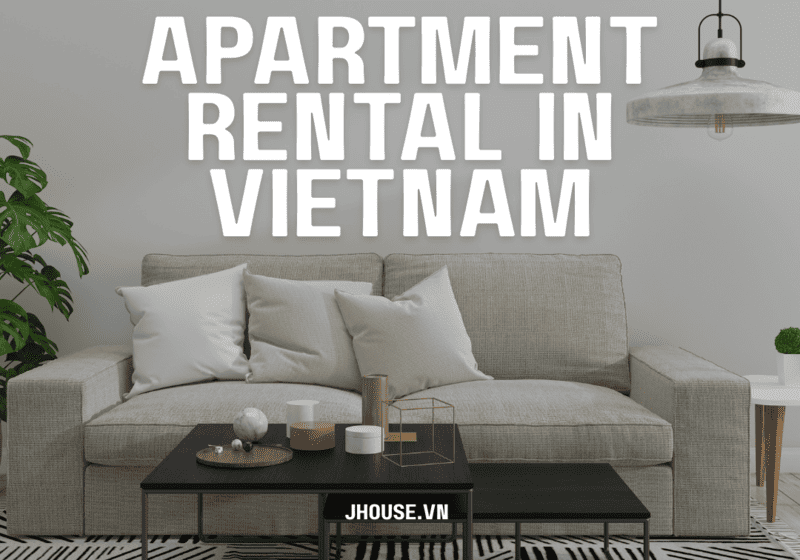
Whether you’re an expat arriving for the first time or renewing your lease for another year, knowing how Vietnam’s rental framework works can protect your rights and budget.
This complete guide breaks down the key legal and financial aspects of renting in Vietnam, helping you avoid costly mistakes, communicate effectively with landlords, and settle into your new home with clarity and confidence.
Vietnam Apartment Rental Laws: What Expats Need to Know
Vietnam’s rental market is open to foreigners, but it operates under a legal structure that protects both landlords and tenants. As an expat, understanding these laws is essential to ensure your lease agreement is valid and your rights are safeguarded.
A written rental contract in Vietnam is the legal backbone of every apartment rental — protecting both you and the landlord. It must be bilingual (English and Vietnamese), signed by both parties, and clearly state:
- Full identification details (passport and visa/TRC for tenants)
- Rental duration, renewal options, and termination clauses
- Deposit amount, refund conditions, and notice period
- Responsibilities for maintenance, utilities, and management fees
While verbal agreements may seem convenient, they carry almost no legal weight. Without a signed contract, you risk misunderstandings about payments or early termination. For peace of mind, always request a bilingual contract and keep a signed copy — it’s your strongest safeguard in Vietnam’s rental market.
Read more: Tenant Rights vs. Landlord Rights in Vietnam
Key Legal Requirements for Expats Renting in Vietnam
Before signing any apartment rental in Vietnam, make sure you meet the legal documentation requirements that allow foreigners to rent. Typically, you’ll need:
- A valid passport with your latest entry stamp.
- A visa or Temporary Residence Card (TRC) that matches your stay period.
- In some cases, proof of employment or income is required, especially for serviced or premium apartments.
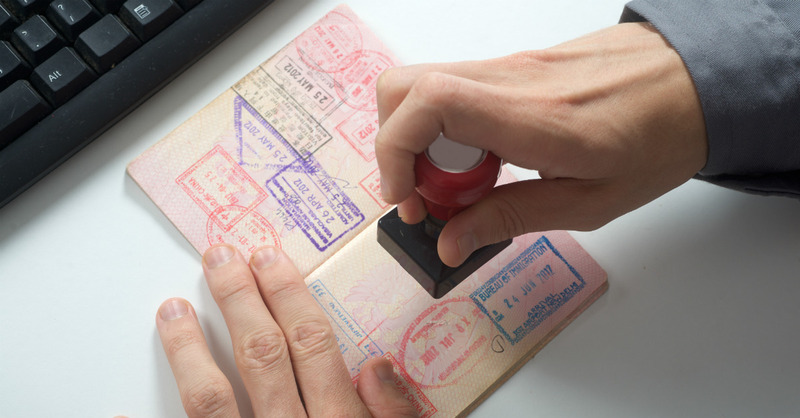
Landlords are also required to register their lease with the local police office. This step, known as a temporary residence declaration, officially records your stay — and is essential if you plan to apply for a TRC, open a local bank account, or obtain a work permit.
Tip: Always ask your landlord or agent to complete the registration within 24 hours after move-in. It’s a simple but crucial step to ensure your tenancy is fully recognized under Vietnamese law.
Read more: How to Verify a Landlord Before Signing a Lease in Vietnam
Deposits, Payments, and Common Financial Practices
In any apartment rental in Vietnam, financial transparency is key to avoiding future disputes. Most landlords typically ask for:
- One to three months’ rent as a refundable security deposit (returned if no damage or unpaid bills remain).
- Monthly rent paid in advance, usually in Vietnamese Dong (VND).
- Bank transfer, preferred for proof of payment — though smaller landlords may still accept cash.
To protect yourself, always confirm that deposit and payment details are clearly stated in the contract, including:
- The exact refund timeline after move-out.
- Circumstances that may justify deductions (such as repair costs or early termination).
- Agreed exchange rate if rent is calculated in USD but paid in VND.
Tip: Request a signed payment receipt or bank confirmation for every transaction. It ensures your rental history is verifiable and supports any financial claim later on.
Read more: Everything You Need to Know About Your Security Deposit
Taxes & Fees Every Expat Tenant Should Know
One of the most common blind spots in apartment rental in Vietnam is the country’s rental tax system — and misunderstandings can easily lead to disputes. By law, landlords are generally responsible for paying taxes on rental income, but it’s crucial to confirm who bears the cost in your contract.
Here are the typical taxes and fees applied to rental properties:
- Personal Income Tax (PIT): 5% of total rental income for individual landlords.
- Value Added Tax (VAT): 5%, applicable when rental income exceeds VND 100 million per year.
- Building management or service fees: For serviced apartments or condominiums.
Together, these taxes form a 10% total tax rate on rental income for most individual landlords.
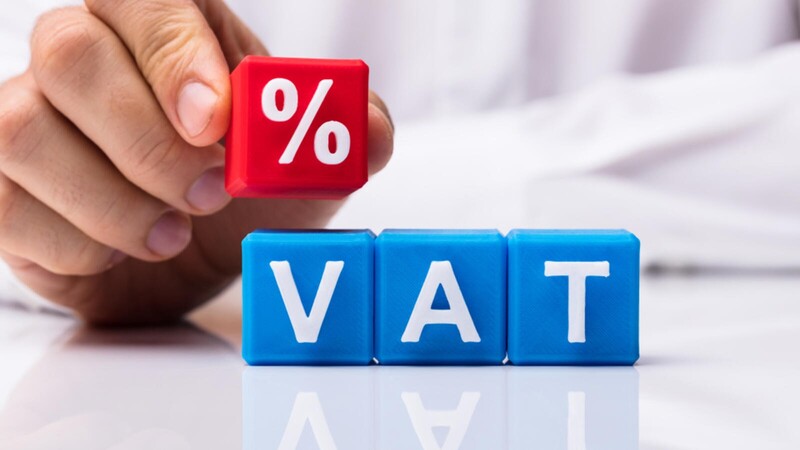
If your rent is listed as a “gross amount,” it usually means taxes are already included. A “net amount” indicates that taxes may be added later — so clarify this before signing.
Tip: Always request a tax-inclusive invoice or receipt. It’s not only proof of legal compliance but also protects you from unexpected costs down the line.
Read more: Understanding Taxes & Fees When Renting in Vietnam as a Foreigner
Maintenance, Damages & Dispute Handling
Maintenance is often where confusion begins for expat tenants in Vietnam — especially when it’s unclear who is responsible for what. To avoid tension later, make sure your lease spells out these details:
- Landlord responsibilities: Major structural repairs, plumbing, electrical systems, and any appliances included in the lease.
- Tenant responsibilities: Minor upkeep, such as cleaning, replacing light bulbs, or fixing small wear and tear.
- Reporting process: Always report maintenance issues in writing (text or email) to keep a clear record of communication.
If disagreements arise, stay calm and polite while addressing the issue with your landlord. Keep copies of all messages and photos of damage. For unresolved cases, you can reach out to your local People’s Committee or mediation centers for assistance.
Tip: Good documentation and respectful communication often resolve issues faster — and help maintain a positive landlord–tenant relationship.
Read more: Common Maintenance Issues & How to Communicate with Landlords
Lease Duration, Renewal & Termination Rules
In Vietnam, most rental contracts last between 6 and 12 months, but long-term expats often prefer multi-year leases to secure better rates and stability. Before signing, take a close look at these key terms:
- Renewal process: Check whether the rent may increase after the initial term, and if both sides must sign a new contract.
- Early termination clause: Review the required notice period (commonly 30–60 days) and any penalties for breaking the lease early.
- Deposit refund timeline: Ensure the contract states when and how your security deposit will be returned after moving out.

Written notice — via email or message — is always required when renewing or ending your lease. Clear communication and documentation not only protect your rights but also maintain trust with your landlord.
Tip: Set reminders a month before your lease ends to start renewal talks early — it gives you time to negotiate calmly and avoid last-minute stress.
Read more: Lease Renewal in Vietnam: Procedures & Negotiation Tips
Apartment Rental Costs & Financial Planning for Expats in Vietnam
Rental costs in Vietnam vary by city, apartment type, and lifestyle. On average, expats can expect the following monthly expenses:
| City | Average Rent (1BR) | Utilities & Internet | Total Estimated Monthly Cost |
| Ho Chi Minh City | $400–$800 | $50–$100 | $500–$900 |
| Hanoi | $350–$700 | $50–$90 | $450–$850 |
| Da Nang | $300–$600 | $40–$80 | $400–$750 |
Budget Tips for Expats:
- Choose apartments outside city centers to save 20–30%.
- Share with roommates to cut down on rent and utilities.
- Confirm which fees (Wi-Fi, water, parking, etc.) are included before signing.
Smart financial planning helps you enjoy Vietnam comfortably — without overspending on your new home.
Read more: Long-Term Budgeting in Vietnam: Monthly Costs & Smart Saving Tips
Rental Scams, Due Diligence & Safe Transactions
Although Vietnam’s rental market is generally trustworthy, scams occasionally occur — from fake listings and double rentals to deposits taken without valid contracts. Protect yourself by staying proactive:
- Rent only through verified agents or trusted platforms like JHouse.
- Never transfer deposits before viewing the apartment in person.
- Verify that you’re dealing with the actual landlord or an authorized representative.
- Use bank transfers and written receipts for all payments.
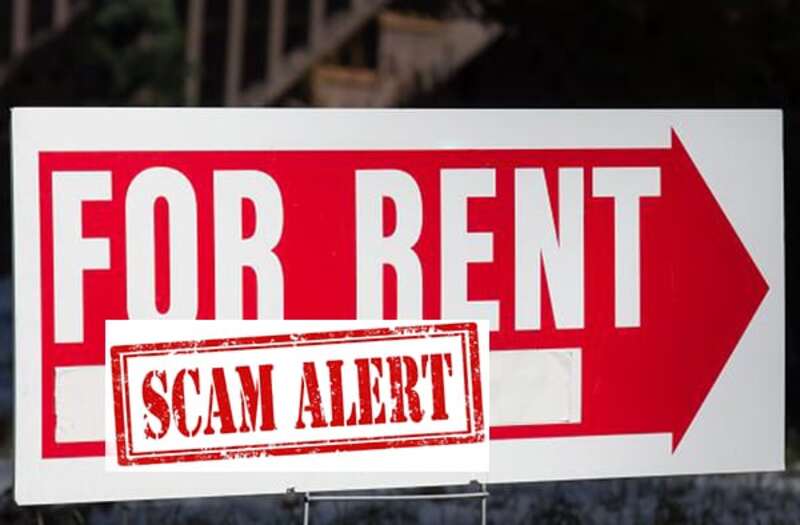
Transparency and verification are the best ways to keep your rental journey secure.
Read more: 7 Common Rental Scams, How To Protect Yourself & Report Rental Scams
Moving, Switching Apartments & Re-Registration
When relocating to a new apartment or district in Vietnam, remember that temporary residence re-registration is mandatory every time you change addresses. Your new landlord must update your stay information with the local ward police to keep your visa or TRC records consistent.
Also, plan for moving costs, which typically range from $50–$150 depending on distance and the amount of furniture. Always provide written notice to your current landlord before moving out to ensure a smooth handover and full deposit refund.
Read more: Moving Between Districts in HCMC: Process, Costs & Smart Tips
Building Long-Term Financial Stability
For many expats, renting in Vietnam is just the beginning of a longer financial journey. Over time, some explore property investment as the market continues to evolve. While foreign ownership remains limited to condos with 50-year leaseholds, it can become a viable option once you’ve built residency status and financial confidence.
In the meantime, smart renting habits can set a strong foundation for stability:
- Keep digital copies of contracts and payment records.
- Budget for rent, taxes, and unexpected repairs.
- Review your lease carefully before renewal.
- Maintain open, respectful communication with your landlord.

Every organized step today leads to a smoother, more secure life tomorrow.
Read more: From Tenant to Investor: Should Expats Buy Property in Vietnam?
Final Thoughts: Clarity Builds Confidence
Apartment rental in Vietnam becomes seamless once you understand both its legal boundaries and financial dynamics. Knowing your rights, obligations, and true costs allows you to rent smartly — not just safely. Legal awareness shields you from risks, while financial planning gives you the confidence to make Vietnam feel like home.
At JHouse, we’ve supported countless expats through every stage of their rental journey — from finding the right home to negotiating fair terms and renewing long-term with peace of mind.
Because renting isn’t merely about signing a contract — it’s about starting a new chapter with clarity, confidence, and security in a country you love.
JHouse Content Team
The in-depth content development team on housing services for foreigners & Vietnamese in Vietnam. The content is simple, easy to understand, and logically arranged to bring readers useful topics and information from real experiences.

